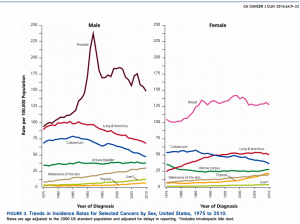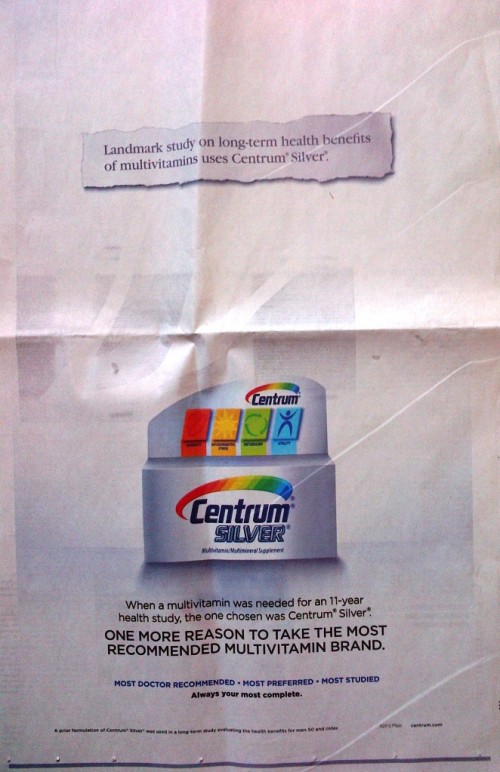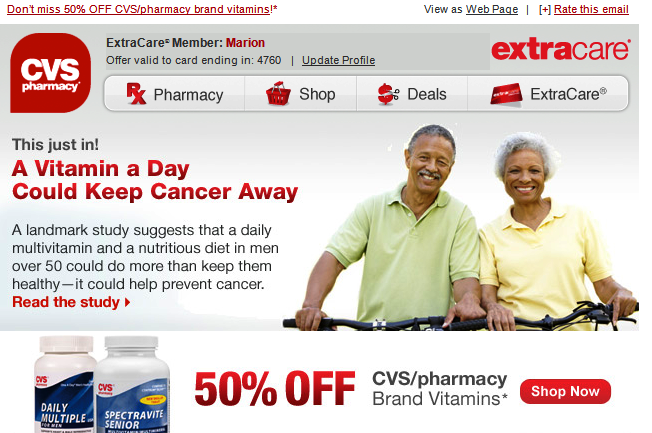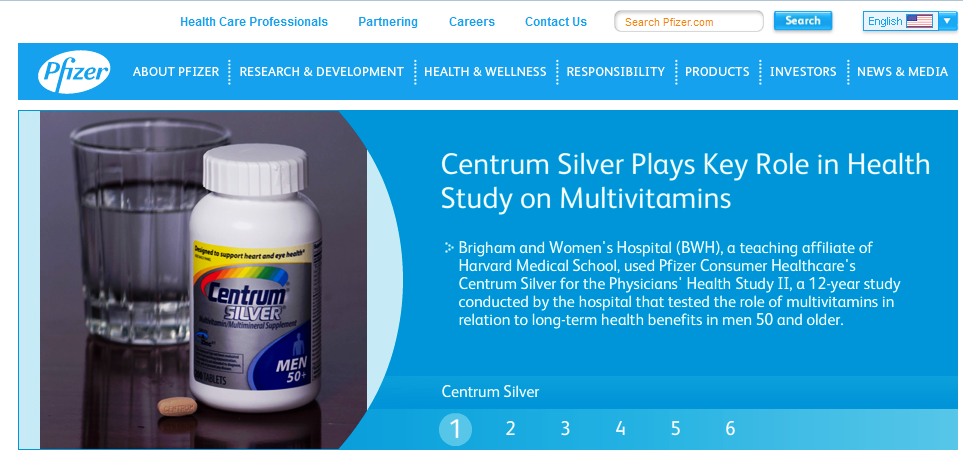I have a soft spot in my nutritionist’s heart for broccoli. It’s a lovely vegetable when fresh and lightly cooked, and is loaded with vitamins, minerals, antioxidants, fiber, and all those other good things that nutritionists like me encourage everyone to eat and enjoy.
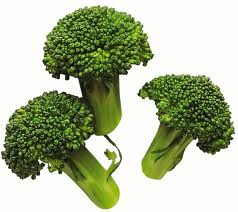
I expressed some of this fondness for broccoli in a 1997 Commentary in the Proceedings of the National Academy of Sciences with this prescient title: “Broccoli sprouts as inducers of carcinogen-detoxifying enzyme systems: Clinical, dietary, and policy implications.”
In it, I quoted President (#41) Bush’s now famous statement:
I do not like broccoli…And I haven’t liked it since I was a little kid and my mother made me eat it. And I’m President of the United States, and I’m not going to eat any more broccoli!’
Even in the 1990s, broccoli had policy implications.
And now the New York Times has come up with a lengthy front-page investigative report on how broccoli came to be used by conservatives as a metaphor for the role of government in health care reform.
The story begins with a question asked by Supreme Court Justice Antonin Scalia. If the government can require people to buy health insurance, maybe it could force people to buy broccoli: “Everybody has to buy food sooner or later,” he said. “Therefore, you can make people buy broccoli.”
It turns out that broccoli did not spring from the mind of Justice Scalia. The vegetable trail leads backward through conservative media and pundits. Before reaching the Supreme Court, vegetables were cited by a federal judge in Florida with a libertarian streak; in an Internet video financed by libertarian and ultraconservative backers; at a Congressional hearing by a Republican senator; and an op-ed column by David B. Rivkin Jr., a libertarian lawyer whose family emigrated from the former Soviet Union when he was 10.
The Times report is well worth reading, not least as a case study in how conservatives frame issues. My favorite part is the sidebar on “the broccoli trail.” Here’s the example from April 2012:
Rush Limbaugh, on his radio program:
“You’re telling me that you want the Supreme Court to decide that the government can tell you that you have to buy health insurance and broccoli?”
In late March, New York Times columnist (and Nobel-prize winning economist) Paul Krugman wrote of “Broccoli and Bad Faith.”
Let’s start with the already famous exchange in which Justice Antonin Scalia compared the purchase of health insurance to the purchase of broccoli, with the implication that if the government can compel you to do the former, it can also compel you to do the latter. That comparison horrified health care experts all across America because health insurance is nothing like broccoli.
Why? When people choose not to buy broccoli, they don’t make broccoli unavailable to those who want it. But when people don’t buy health insurance until they get sick — which is what happens in the absence of a mandate — the resulting worsening of the risk pool makes insurance more expensive, and often unaffordable, for those who remain. As a result, unregulated health insurance basically doesn’t work, and never has.
Maybe the best we can do with all this is to eat our broccoli and hope that it keeps us out of the health care system.
